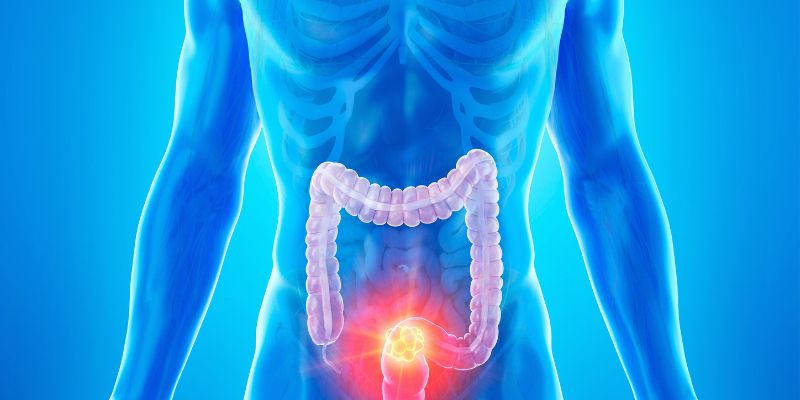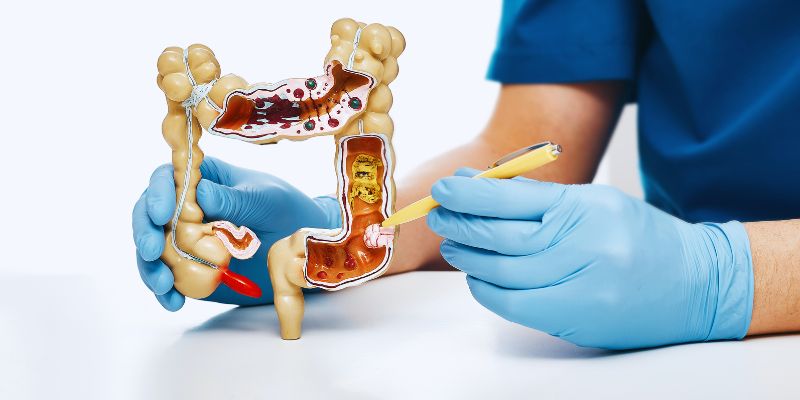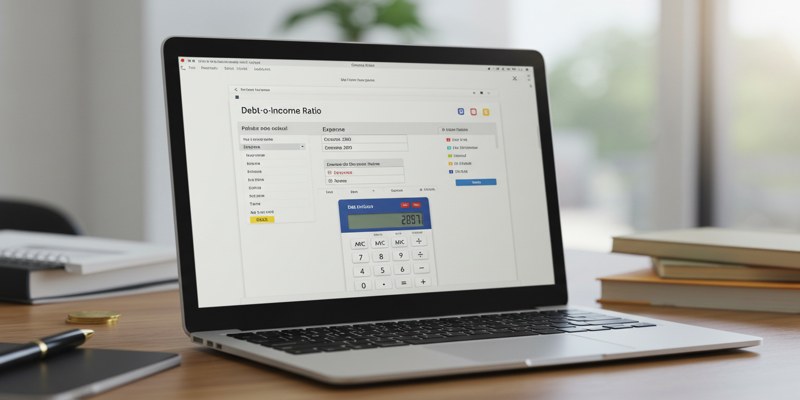Although it is among the most often occurring malignancies, colon cancer is also one of the most avoidable ones with early diagnosis. Finding indicators of colon cancer before it grows advanced depends mostly on screening for the disease. The chances of successful therapy increase with the early catch of it. However, knowing which is best for you and when to start might be daunting, given the various screening choices.
Which virtual colonoscopy, stool test, or colonoscopy should you schedule? Every approach has benefits and drawbacks. Making a wise choice requires knowing these choices and your risk considerations. This guide will dissect the several colon cancer screening options so you may choose the best course of action for your situation.

Importance of Colon Cancer Screening
Early screening is crucial since colon cancer sometimes strikes without clear signs. Early on, colon cancer typically causes no pain or discomfort; hence, it is difficult to find without screening. Before they become cancer, screening tests can find polyps or aberrant growths in the colon, therefore considerably raising the possibility of effective treatment. Early discovery can save lives. Generally speaking, most people should start routine colon cancer screening around age 45.
People with some risk factors might have to start earlier. You can be more susceptible if you have inflammatory bowel illness or if colon cancer runs in your family. In these situations, screening becomes crucial. To decide the appropriate moment to start screening, you should discuss your family history and personal risk factors with your doctor. Based on your particular health, your doctor can assist you in choosing which screening technique best fits you.
Types of Colon Cancer Screening Tests
One can screen for colon cancer using several assays. Every test has advantages and drawbacks; the decision relies on cost, convenience, and advice from your doctor. Let us now consider the major few kinds of screening tests:
Colonoscopy
A colonoscopy is among the most comprehensive screening exams available for colon cancer. A long, flexible tube with a camera is used by a clinician looking for aberrant colon growths during the surgery. If polyps prove to exist, they can be eliminated right away. Highly accurate, this test lets doctors find cancer and precancerous growths. But colonoscopy calls for extensive intestinal preparation and sedation, which can be unpleasant. Compared to other screening techniques, the operation is also more intrusive since it involves some recuperation time and can be expensive.
Stool Tests
By searching for blood or aberrant DNA in the stool, stool tests—non-invasive screenings—check for indicators of colon cancer. The fecal immunochemical test (FIT) and the multi-target stool DNA test are often used. Usually less expensive than colonoscopies, these easy at-home tests are. Since they neither call either bowel preparation or sedation, they provide comfort and convenience. These tests might not find all polyps; some findings could call for further colonoscopy for confirmation. Though helpful, stool tests lack the thoroughness of other screening tools.
CT Colonography (Virtual Colonoscopy)
Using a CT scan, CT colonography—virtual colonoscopy—sees the colon in great detail in search of anomalies, including polyps or cancers. If something uncommon is discovered, therapy and confirmation from a colonoscopy are required. CT colonography has fewer invasions than a conventional colonoscopy and does not call for anesthesia, hence one benefit. However, it requires intestinal preparation, and small polyps might not be found precisely. Although less intrusive, it is not as thorough as a colonoscopy; hence, more research may call for a follow-up operation.
Flexible Sigmoidoscopy
Like a colonoscopy, this examination searches the bottom half of the colon for polyps and cancer through a thin, flexible tube. A complete colonoscopy could be advised for additional examination if any anomalies arise. Less intestinal preparation and fewer invasions than a conventional colonoscopy define the operation. However, its efficacy in spotting all possible problems is limited since it primarily looks at the lower colon and might overlook polyps or tumors in the upper part of the colon. Although less intrusive, it might not offer a whole perspective of the colon.
Cologuard
Combining DNA and stool analysis, the Cologuard stool DNA test searches for blood and genetic markers linked to colon cancer. This noninvasive test can be taken at home to a lab for analysis. Cologuard's simplicity and convenience—it doesn't call for bowel preparation or sedation—are among its key advantages. Its false-positive rate is higher than that of other tests, which can call for a follow-up colonoscopy. Although simple and noninvasive, it is less dependable than other screening techniques due to the greater risk of erroneous results.

When Should You Start Screening?
The American Cancer Society advises average-risk individuals to start colon cancer screening at age 45. Preventing cancer mostly depends on early detection, so initiating screening at the appropriate moment can make a significant impact. You might have to start screening sooner, though, if you have certain medical issues like inflammatory bowel disease or Crohn's disease or if your family history includes colon cancer.
Higher-risk individuals are more likely to acquire colon cancer; hence, early screening helps identify any possible problems before they become more critical. To decide the optimum moment to start screening, you should talk to your doctor about your unique health background and risk factors. Your doctor may also suggest the best screening technique for you. Even if you haven't yet reached the advised screening age, seek medical advice right away if you have symptoms, including blood in your stool, inexplicable weight loss, or ongoing abdominal pain. Early intervention may save lives.
Conclusion:
Early identification and prevention depend critically on colon cancer screening. Understanding the advantages and limits of each of the several screening choices—colonoscopy, stool tests, CT colonography, flexible sigmoidoscopy, and Cologuard—is vital. Your health, risk factors and doctor's advice will all help determine the appropriate screening tool. Early colon cancer diagnosis greatly raises the possibility of effective therapy. If risk factors increase, start frequent tests at age 45 or earlier. Talk to your doctor about your choices to be sure the right action is taken.








